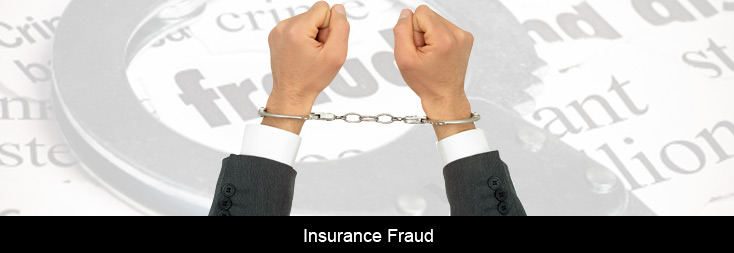Are men more likely to lie when submitting insurance claims?

Fraud costs the South African insurance industry millions of rands every year. Whether a person fabricates a loss or genuinely does suffer a loss, but then claims for items that they did not have, it’s a serious offense.
What makes insurance fraud so criminal is that it’s the innocent and truthful consumer who lands up footing the bill or subsidising fraudulent claims in the form of increased premiums.
Robyn Farrell, managing director of 1st for Women Insurance Brokers says that the insurance public is very quick to complain about escalating insurance premiums and how insurance companies employ harsh practices when it comes to investigating claims, but if these companies didn’t take such stringent measures, premiums would rise even more.
On the brighter side, drivers in the UK are being more honest when applying for quotes for vehicle insurance than they were previously. Let’s hope that this trend makes its way to our shores soon.
“The research conducted by car insurance price comparison website, Confused.com, found that there has been a sharp decline in the number of drivers lying to insurance providers with the intention of getting a cheaper rate on their cover compared to this time last year,” says Farrell.
Last year, a similar survey showed that one-third of women (46%) had not been truthful when applying for vehicle insurance. This year, 12% of women and 17% of men admitted that they had lied to their insurer.
This substantial drop in numbers of both men and women who lie to their vehicle insurers is telling: drivers are becoming more cautious about disclosing all the facts to their insurers because of the likely scenario that if they are caught; they could have their insurance claim deemed invalid.
“If your insurer finds that you have not disclosed all relevant facts pertaining to your vehicle, such as who the regular driver of the vehicle is, the company might impose justified penalties or even refuse to cover you after that,” warns Farrell.
“The main point to keep in mind is that the purpose of insurance is not enrichment but rather like-for-like replacement. The public needs to know that insurance fraud is a serious crime, and not reporting it will only result in unnecessary premium increases,” says Farrell.
If you wish to report insurance fraud or inappropriate claims behaviour, call the Insurance Fraudline on 0860 002526 or send an email to insurance@fraudline.co.za.
Also view:
Where can we report insurance fraud in South Africa?
Insurance Fraudsters are getting caught and punished!!




